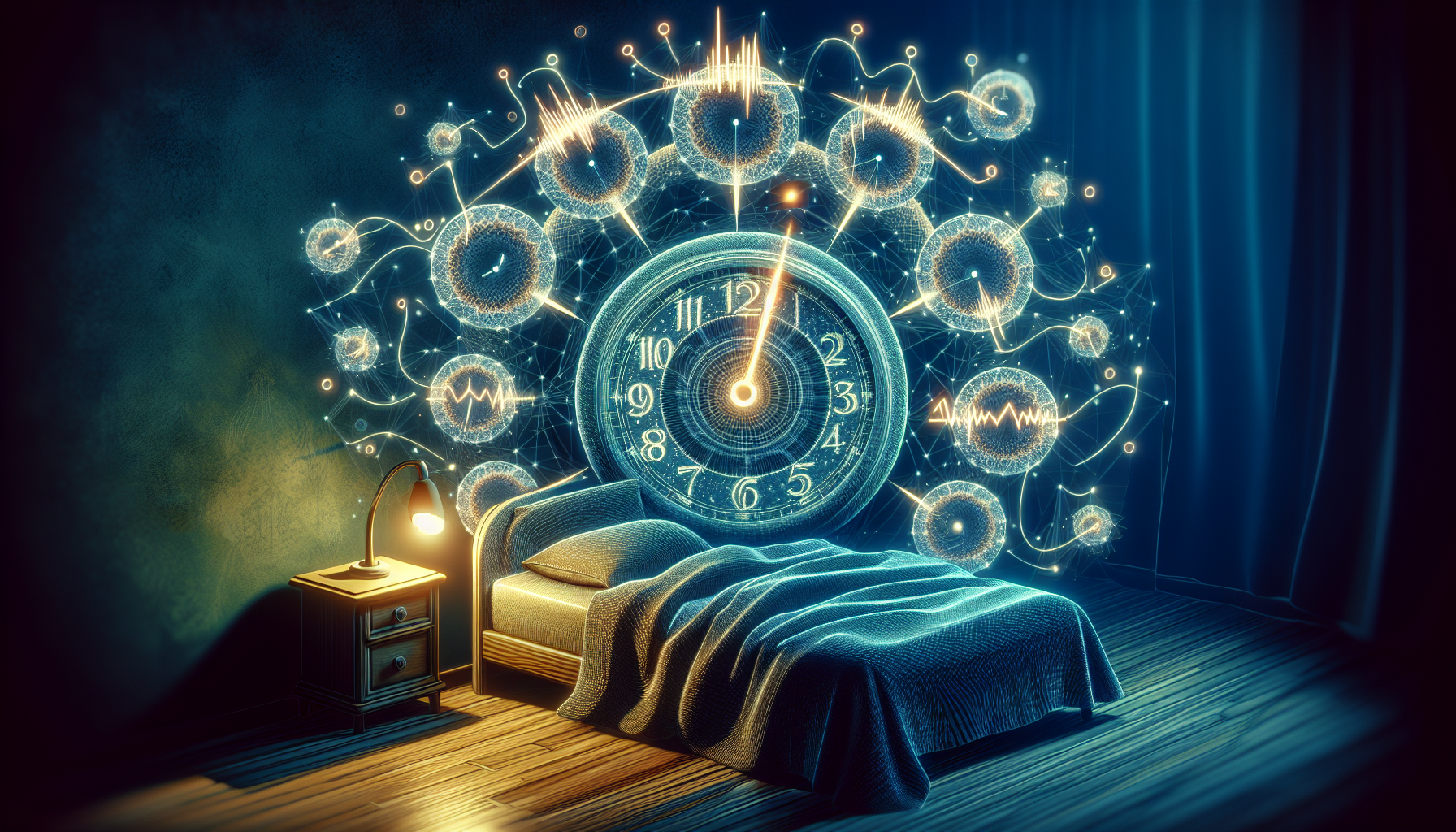Having trouble getting a good night’s sleep? If you find yourself constantly feeling exhausted, snoring loudly, or waking up with a headache, it may be time to take a closer look at the symptoms of sleep apnea. Sleep apnea is a common sleep disorder characterized by pauses in breathing during sleep, leading to disrupted sleep patterns and a range of other health issues. By recognizing the symptoms, you can seek appropriate treatment and regain the restful sleep you deserve.
Symptoms of Sleep Apnea
Sleep apnea is a common sleep disorder that affects millions of people worldwide. It is characterized by repeated pauses in breathing or shallow breaths during sleep, leading to disrupted sleep patterns and overall poor quality of sleep. If you suspect that you or someone you know may be suffering from sleep apnea, it is important to recognize the symptoms in order to seek proper diagnosis and treatment. Here are some common symptoms of sleep apnea:
Excessive Daytime Sleepiness
One of the most prevalent symptoms of sleep apnea is excessive daytime sleepiness. If you find yourself feeling constantly tired and struggling to stay awake during the day, it could be a sign of sleep apnea. This excessive sleepiness is caused by fragmented sleep patterns caused by the repeated interruptions in breathing during the night. As a result, you may find it difficult to concentrate, stay focused, and complete daily tasks.
Loud Snoring
Loud, persistent snoring is another symptom commonly associated with sleep apnea. Snoring occurs when the airway becomes partially blocked, leading to the vibration of tissues in the throat. The louder and more frequent the snoring, the higher the likelihood of sleep apnea. It is important to note that not everyone who snores has sleep apnea, but it is certainly a symptom to be aware of.

Observed Breathing Interruptions
In some cases, sleep apnea can be observed by a partner or family member who notices breathing interruptions during sleep. These pauses in breathing can last for a few seconds to more than a minute and may be accompanied by gasping or choking sounds as the individual attempts to resume breathing. If you have been told by someone else that you frequently stop breathing during sleep, it is crucial to consult a healthcare professional.
Gasping or Choking Sensations
Experiencing gasping or choking sensations during sleep can be a terrifying experience. These sensations occur when the brain detects a lack of oxygen and signals the body to wake up momentarily to resume breathing. It is a reflexive response intended to prevent suffocation. If you frequently wake up feeling out of breath or with a choking sensation, it is important to investigate the possibility of sleep apnea.

Morning Headaches
Waking up with a headache in the morning can be a sign of sleep apnea. The repeated interruptions in breathing during sleep can cause a drop in oxygen levels and an increase in carbon dioxide levels, leading to headaches upon awakening. These headaches are often described as dull and can persist throughout the day if left untreated.
Insomnia
While it may seem contradictory, insomnia can also be a symptom of sleep apnea. The constant interruptions in breathing can disrupt your sleep cycle, making it difficult to fall asleep or stay asleep throughout the night. If you find yourself struggling with insomnia despite feeling exhausted, it is worth considering the possibility of sleep apnea.
Difficulty Concentrating
Sleep apnea can have a significant impact on cognitive functions, including concentration and memory. The fragmented sleep caused by interruptions in breathing can leave you feeling groggy and unable to focus during the day. Tasks that require sustained attention or complex thinking may become increasingly challenging, affecting your overall productivity and performance.
Frequent Urination at Night
Frequent urination during the night, also known as nocturia, is a symptom that is often overlooked but can be associated with sleep apnea. The disorder can disrupt the production of a hormone called antidiuretic hormone (ADH), which helps regulate urine production. As a result, the body produces more urine at night, leading to multiple trips to the bathroom and further disrupting your sleep.
Restless Sleep
If you find yourself tossing and turning or frequently changing positions throughout the night, it could be a sign of sleep apnea. The interrupted breathing can cause a constant state of arousal and restlessness, preventing you from reaching and maintaining a deep and restful sleep. This can leave you feeling unrefreshed and tired in the morning, despite spending an adequate amount of time in bed.
Irritability and Depression
The combination of poor quality sleep, excessive daytime sleepiness, and cognitive impairment can take a toll on your emotional well-being. Many individuals with sleep apnea experience irritability, mood swings, and feelings of depression. These symptoms can further affect interpersonal relationships, work performance, and overall quality of life.
In conclusion, it is important to recognize the symptoms of sleep apnea in order to seek appropriate treatment. If you identify with any of the symptoms mentioned above, it is recommended to consult with a healthcare professional who can conduct further evaluations and provide necessary interventions. Remember, proper diagnosis and treatment can help improve the quality of your sleep, enhance your overall well-being, and lead to a healthier and more energized life.
